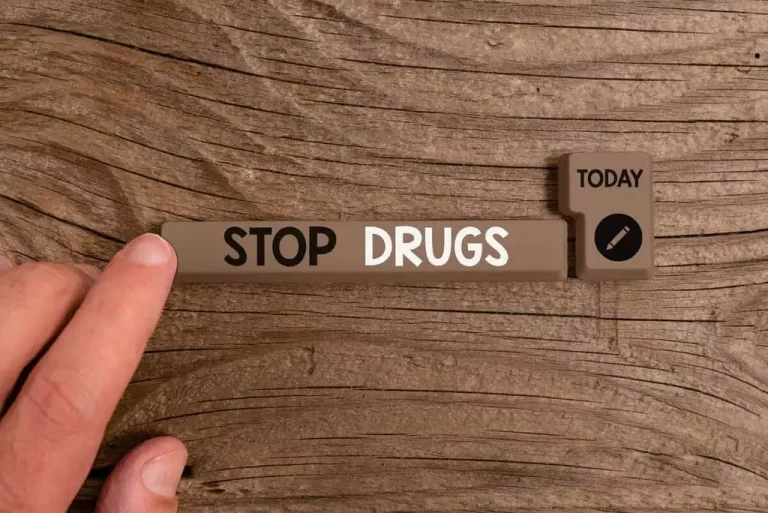Does Drinking Alcohol Contribute to Vision Issues?

Drinking alcohol regularly can also cause dry eye symptoms and involuntary twitching of the eyelid, known as myokymia. You may also experience inflammation of the eye and double vision that causes burning and itching of the eyes, migraines, and extreme light sensitivity. Due to conflicting evidence on the role alcohol may play in chronic vision conditions, more research is necessary to clarify the long-term effects of heavy alcohol use on the eyes. Long-term abuse of alcohol can also lead to toxic amblyopia or vision loss. Both short-term and long-term use of alcohol affects the optic nerve and the relationship between the brain and the eye.
Dry January: What Happens to Your Eyes When You Stop Drinking Alcohol?
For example, it may only take two drinks in an hour for a 100-pound woman to experience blurred vision or up to five drinks in an hour for a 240-pound man. While not everyone who binge drinks has an AUD, it can be a very significant risk factor for the development of an AUD. Treatments will vary greatly blurry vision after drinking alcohol based on a person’s symptoms or health conditions that develop as a result of alcohol use. A person should talk with a doctor about treatment options that will work for them. The potential long-term issues relate to changes to the eyes’ structures or the communication between the eyes and brain.
Prevention & Treatment of Alcohol Eyesight Damage
- Scientific studies have shown that heavy drinkers are likely to develop glaucoma, a group of conditions that damage the optic nerves.
- The titles and abstracts were screened and the eligible studies were selected.
- One study found that having a 0.08% blood alcohol level (the legal limit for driving in most states) can affect various types of eye movements in healthy young adults.
- The duration of blurry vision after drinking varies from person to person and depends on factors such as the amount of alcohol consumed and individual metabolism.
- A search of the literature published from 1952 to March 2020 was performed.
- A person who experiences vision issues should see an ophthalmologist — a doctor specializing in eye care.
As a result, individuals with diabetes may experience blurry vision after consuming alcohol. In conclusion, blurry vision after drinking alcohol can be a problematic and distressing issue. However, there are several steps individuals can take to prevent or reduce its occurrence.
Age-related Macular Degeneration (AMD)

In addition, it may have a toxic effect, which can lead to the development of conditions that impair vision. Several other health issues can also result from long-term heavy drinking. Your overall visual performance may be altered since drinking heavily impairs brain function.
Can drinking alcohol make dry eyes worse?
A Journal of Ophthalmology study found that night vision gets worse after drinking in both men and women. The more alcohol the subjects drank, the worse their vision became under low-light conditions. They saw halos and starbursts, had difficulty seeing contrast, and experienced longer recovery time after a bright light was shined in their eyes.
ACUTE METHYL ALCOHOL INTOXICATION
If someone is suspected to have nystagmus, they will likely undergo a CT scan or an MRI to get a scan of the brain. Often these rapid eye movements are due to neurological problems in the brain. Optic nerve damage brought on by alcohol will sometimes lead to a condition called toxic amblyopia. This disease is usually seen in alcoholics due to too much menthol consumption.
- It’s important to note that the severity of blurry vision after alcohol consumption can vary depending on factors such as the amount of alcohol consumed, individual tolerance, and overall health.
- Toxic amblyopia was very common before World War II due to excessive drinking and tobacco use.
- If your brain isn’t communicating correctly with the glands that produce tears, for example, you may notice that your eyes are dry during alcohol withdrawal.
- Higher alcohol intake can result in slower communication between the brain and the optic nerves, further impacting vision quality.
Eye twitching
This distortion can result in difficulty in focusing on objects and can be particularly noticeable when trying to read or perform tasks that require visual precision. It’s important to note that the severity of blurry vision after alcohol consumption can vary depending on factors such as the amount of alcohol consumed, individual tolerance, and overall health. In some cases, the vision may only be slightly blurred, while in others, it may be significantly impaired.
Alcohol and optic neuropathy
Additionally, alcohol can interact with certain medications, leading to blurry vision. For example, antihistamines, which are commonly used for allergies, can cause drowsiness and blurred vision. When alcohol is consumed along with antihistamines, these side effects may become more pronounced. Similarly, some antidepressant medications can cause blurred vision as a side effect. Combining alcohol with these medications can exacerbate this effect and lead to further blurry vision. Furthermore, alcohol can also have a dehydrating effect on the body, including the eyes.
- When a person consumes alcohol, it is rapidly absorbed into the bloodstream and distributed throughout the body.
- There is no single treatment, so individuals receive treatment depending on their symptoms.
- Aside from the obvious symptom of having the whites of the eye look red, bloodshot eyes may also feel itchy, burning, and painful and may cause the eyelids to swell.
- Understanding the potential risks of alcohol consumption concerning AMD is fundamental for promoting eye health and making better lifestyle choices.
- Following a week of abstaining from alcohol, your body will reverse the effects of dehydration.
Eye Muscle Control

Otváracie hodiny
Otváracie hodiny:
Pondelok – Piatok: 10:00 – 22:00
Sobota – Nedeľa: 11:00 – 22:00
Opening hours
Opening hours:
Monday – Friday: 10:00 to 22:00
Saturday – Sunday: 11:00 – 22:00
